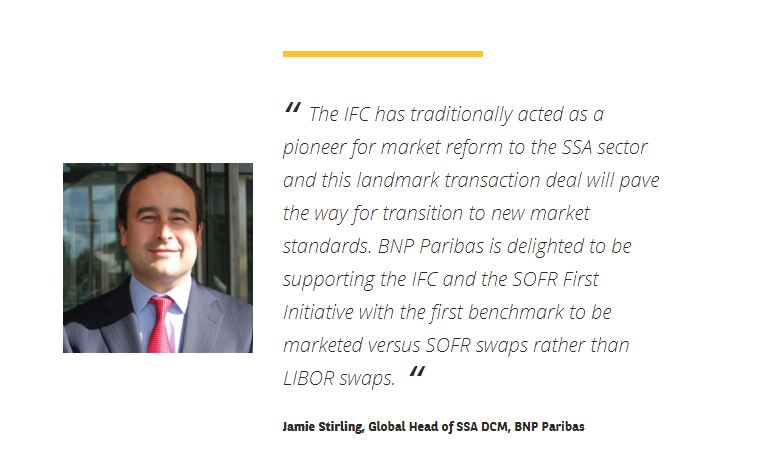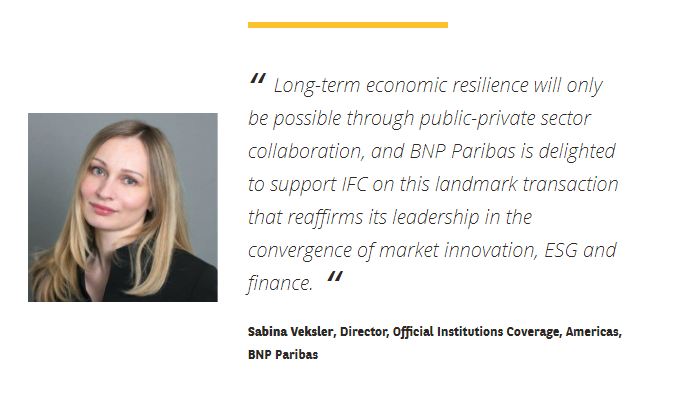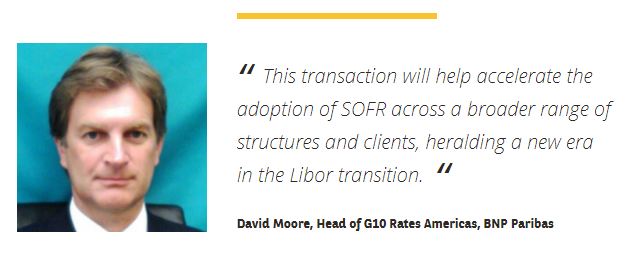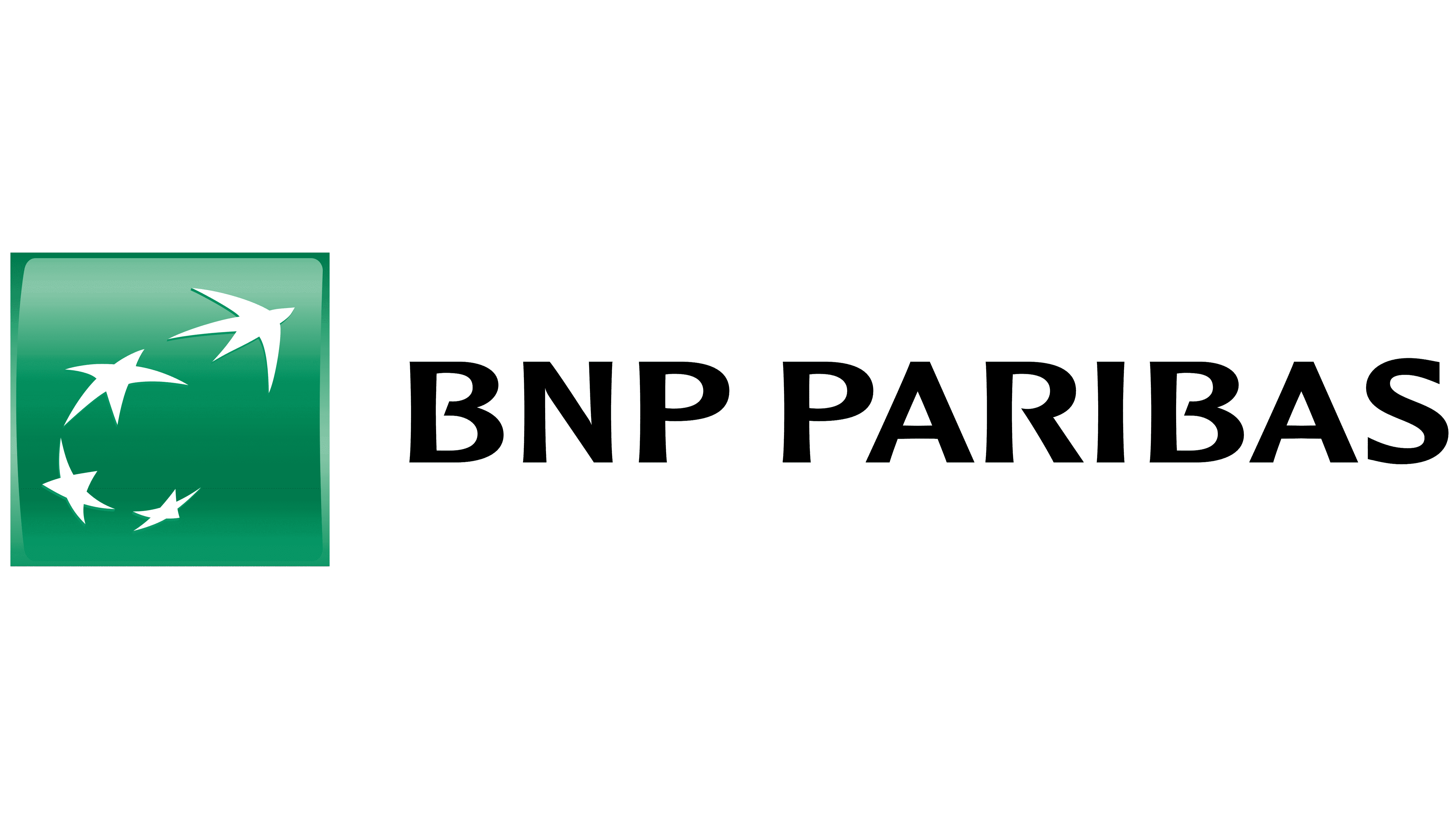Fixed Income markets have turned another significant page to close the Libor chapter. International Finance Corporation (IFC), an entity of the World Bank Group focused on private sector development in emerging markets, has set a new milestone with its $2bn fixed rate issuance referencing SOFR, the Secured Overnight Financing Rate. The trade was joint lead managed by BNP Paribas and marks a momentous point in the development of SOFR, given that historically all SSA issuance was marketed using the LIBOR MS rate.
The landmark bond is the first ever fixed rate bond to be linked to the new risk free rate, which will replace USD Libor by June 2023. The transaction is also expected to pave the way for the rapid adoption of SOFR for fixed rate instruments across bond markets as investors get more comfortable with the reference.
“Effective development depends on well-functioning financial markets. For the past year and a half, IFC staff has been working toward a seamless departure from LIBOR, and we are proud to reach this important milestone in our transition to SOFR,” said Tom Ceusters, Director of Treasury Market Operations at IFC. “Over the coming months, IFC will continue to move its balance sheet to SOFR. We are committed to ensuring a smooth transition for our borrowers and the people of the countries in which we operate.”

Jamie Stirling, Global Head of SSA DCM, BNP Paribas, said: “The IFC has traditionally acted as a pioneer for market reform to the SSA sector and this landmark transaction deal will pave the way for transition to new market standards. BNP Paribas is delighted to be supporting the IFC and the SOFR First Initiative with the first benchmark to be marketed versus SOFR swaps rather than LIBOR swaps.”

Sabina Veksler, Director, Official Institutions Coverage, Americas at BNP Paribas added: “IFC’s issuance sets the stage for other SSAs as well as the wider market to follow suit in referencing the SOFR basis on future fixed-rate transactions. In addition to demonstrating continued market innovation, IFC continues to fulfill its mission to provide critical financing to developing economies in a sustainable and inclusive manner. Long-term economic resilience will only be possible through public-private sector collaboration, and BNP Paribas is delighted to support IFC on this landmark transaction that reaffirms its leadership in the convergence of market innovation, ESG and finance.”
About IFC
IFC is the largest global development institution focused on the private sector in emerging markets, all projects adhere to IFC’s stringent environmental and social requirements focusing on transparency and accountability, and its mandate is fully aligned with the United Nations’ SDGs. IFC typically issue one USD 2bn benchmark per year and have an annual funding programme of $12-14bn.
IFC has been at the forefront of LIBOR reform and since early 2021 has been swapping all of their plain vanilla fixed rate issuances to SOFR. This transaction is IFC’s first public benchmark since their fiscal year 2021/22 began on July 1st.
The transition to risk free rates
As part of the global IBOR reform, the Alternative Rate Committee (ARRC) chose SOFR as the preferred LIBOR alternative for USD. SOFR is published by the New York Federal Reserve and has been designed to provide a more reliable and transparent benchmark for financial markets.
According to David Moore, Head of G10 Rates Americas, BNP Paribas “This transaction will help accelerate the adoption of SOFR across a broader range of structures and clients, heralding a new era in the Libor transition.”

Already in April, BMW took a major leap executing $1.25bn of swaps referencing SOFR – the largest corporate interest rate swap linked to the new benchmark – while Associated British Ports executed the first ESG SONIA swap repack in May, showing the broader implications of benchmark reform across financial markets.
The transition to risk free rates is a profound and fundamental change affecting participants across the financial industry.

